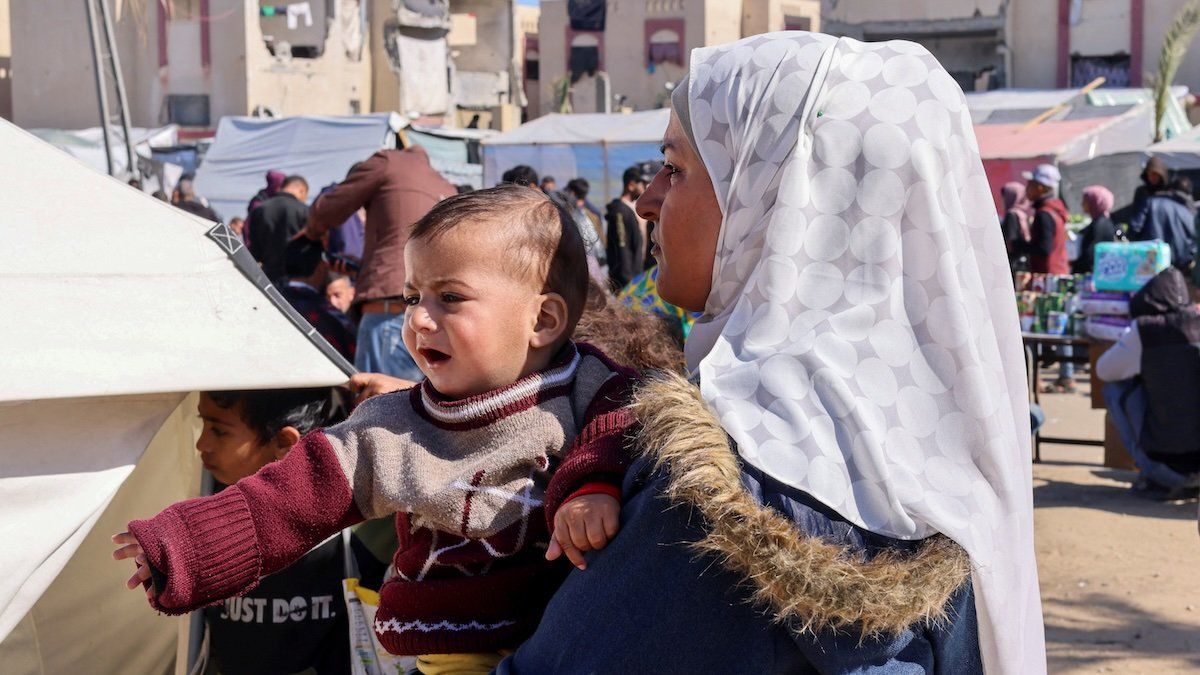Israel announced its intention to conduct ground operations in the southern Gaza town of Rafah to root out four Hamas battalions it says remain based there. The plan faces opposition from the US and other nations, however, over concerns for the safety of the 1.4 million displaced Palestinians sheltering in Rafah.
On Saturday, Prime Minister Benjamin Netanyahu said, “We’re going to do it while providing safe passage for the civilian population.” But it’s unclear where such a large number of people can go.
Egypt is concerned that Israel's offensive could see Palestinians flee into the Sinai Peninsula and never be permitted to return to Gaza. Cairo has also said it opposes increased Israeli military activity near its borders and warned it will suspend its decades-old peace treaty with Israel if troops are deployed. The treaty governs the deployment of forces on both sides of the border and is seen as crucial to maintaining stability in the region.
These new tensions threaten to derail ongoing cease-fire and hostage release talks mediated by the US, Egypt, and Qatar. An unnamed Hamas official stated that an invasion of Rafah would “blow up” these negotiations.
As Israel prepared for a ground invasion of Rafah, it pummeled the town with strikes on Monday to provide cover for an overnight operation that resulted in the rescue of two Israeli hostages held by Hamas. Dozens of Palestinians were reportedly killed in the process.



















